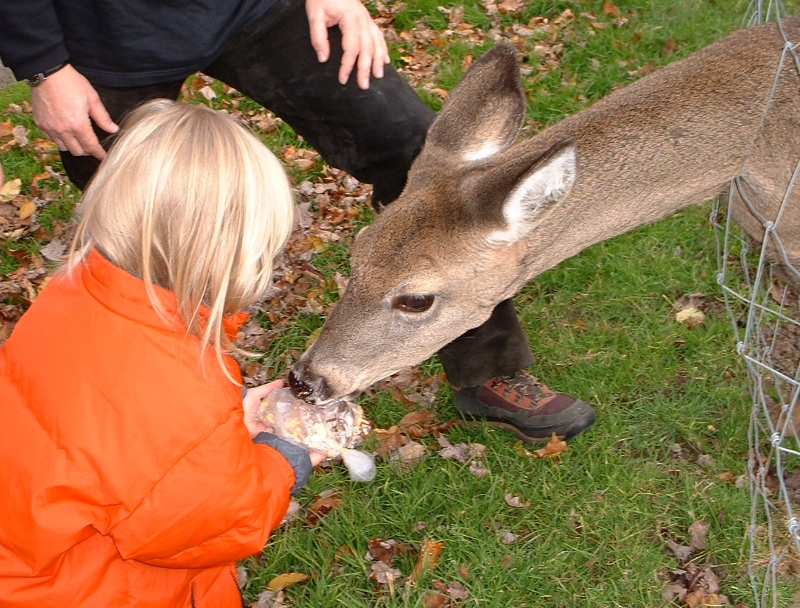Canada News
Manitoba bans feeding deer, elk to keep chronic wasting disease out of province
WINNIPEG—Manitoba has extended a ban on hunters feeding deer, elk and moose in western Manitoba to better control the threat of chronic wasting disease.
Richard Davis of Manitoba Conservation says chronic wasting disease is common in Saskatchewan and southeastern Alberta, but so far has not been detected in Manitoba.
It’s typically spread animal-to-animal through saliva, feces and urine.
Davis said if anyone uses anything to attract the animals, they can be charged.
He says the original ban under the Wildlife Act was first put in place in 2003.
CWD is a fatal disease of the central nervous system of deer and elk, and while there’s no evidence it can be spread to humans, Davis said the World Health Organization recommends people don’t eat the meat of an animal with CWD.
“The communities we talked to, the hunters we talked to, they’re very much in favour of the work we’re doing to prevent the spread of the disease,” Davis said, adding subsistence hunting is not widely practised in western Manitoba.
The theory behind a ban on feeding is that infected animals probably transmit the disease through animal-to-animal contact and/or contamination of feed or water sources with saliva or bodily waste material, possibilities which increase greatly when animals gather at a single source of supplied food.
The new regulation comes about two months after the province made amendments to the Wildlife Act’s general hunting regulation.
The first banned arrows that contain an explosive charge or a drug, scent or poison or have a drug, scent or poison applied to them.
The second outlawed the use of drones while hunting or guiding. The province defines a drone as an unmanned, remote-control “airborne vehicle.” Drones could still be used to film or scout an area so long as they aren’t hunting at the time.






















